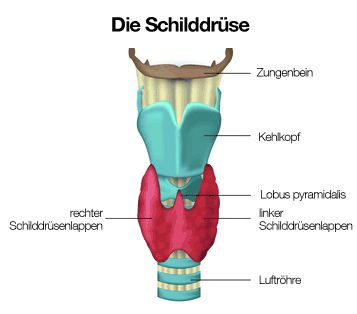

Mold and Oxalates: The Surprising Link That Could Be Affecting Your Health
The thing about mold illness, like so many of our chronic health concerns, is that it often takes a long time to be detected, and it rarely
6 min read


How Venus Retrograde Can Help You Slow Down and Find Joy
Venus retrograde is one of the most profound cosmic cycles for introspection and reevaluation.
4 min read
















Comments